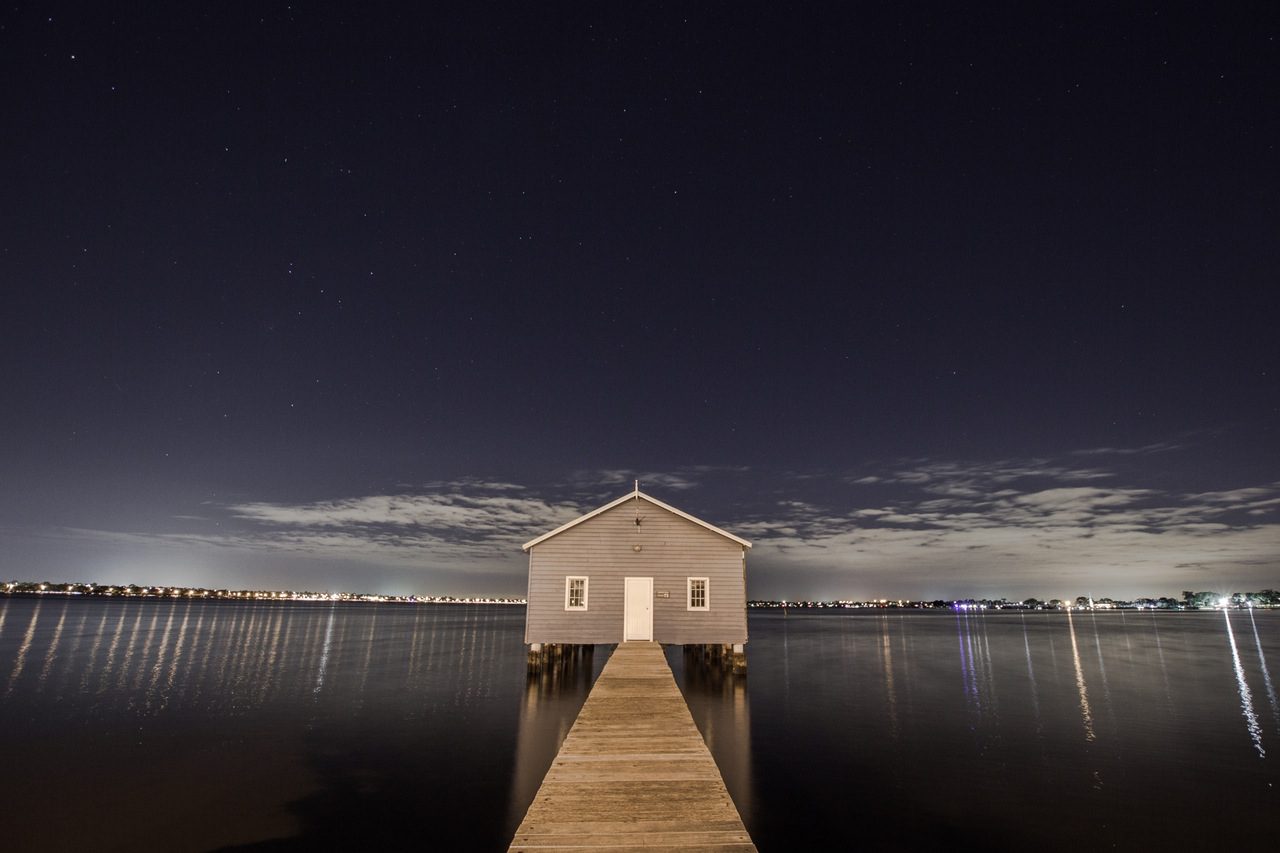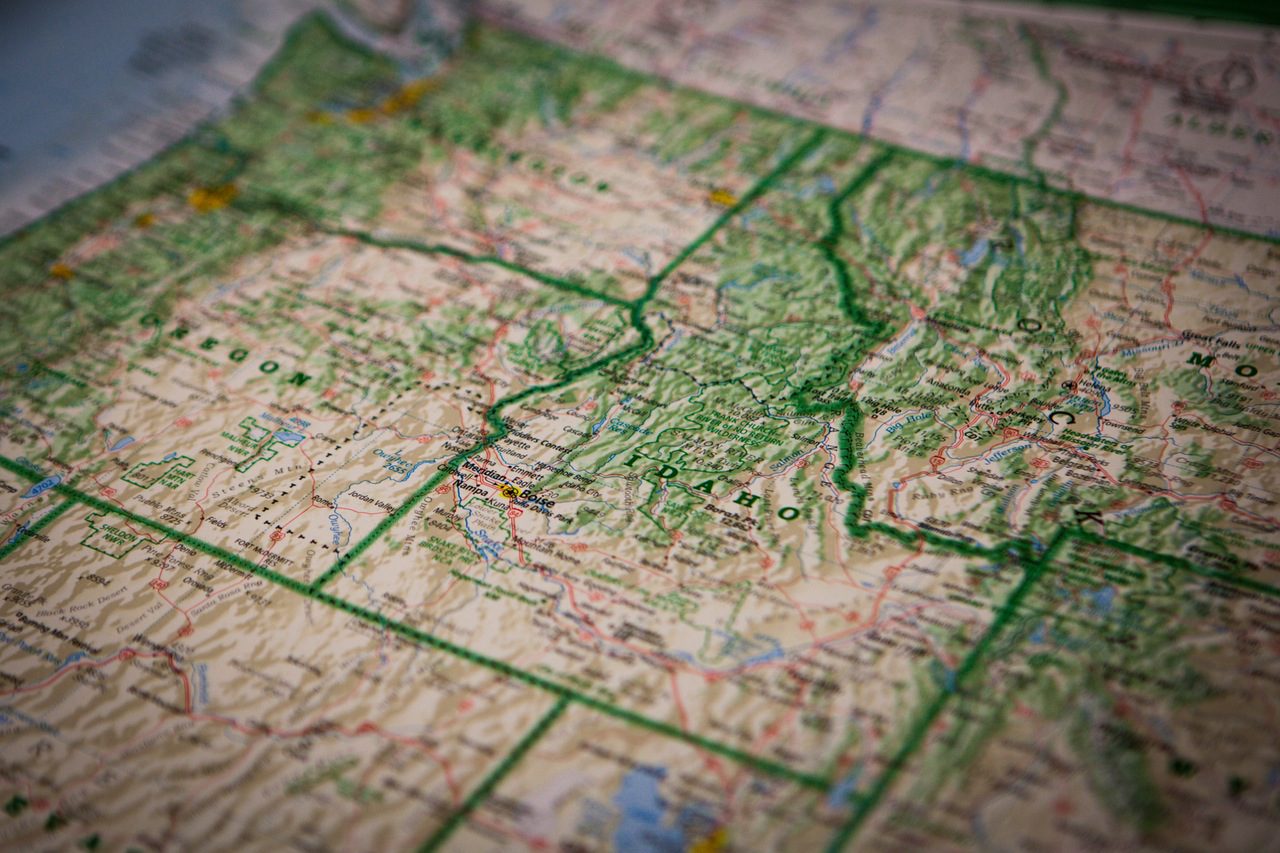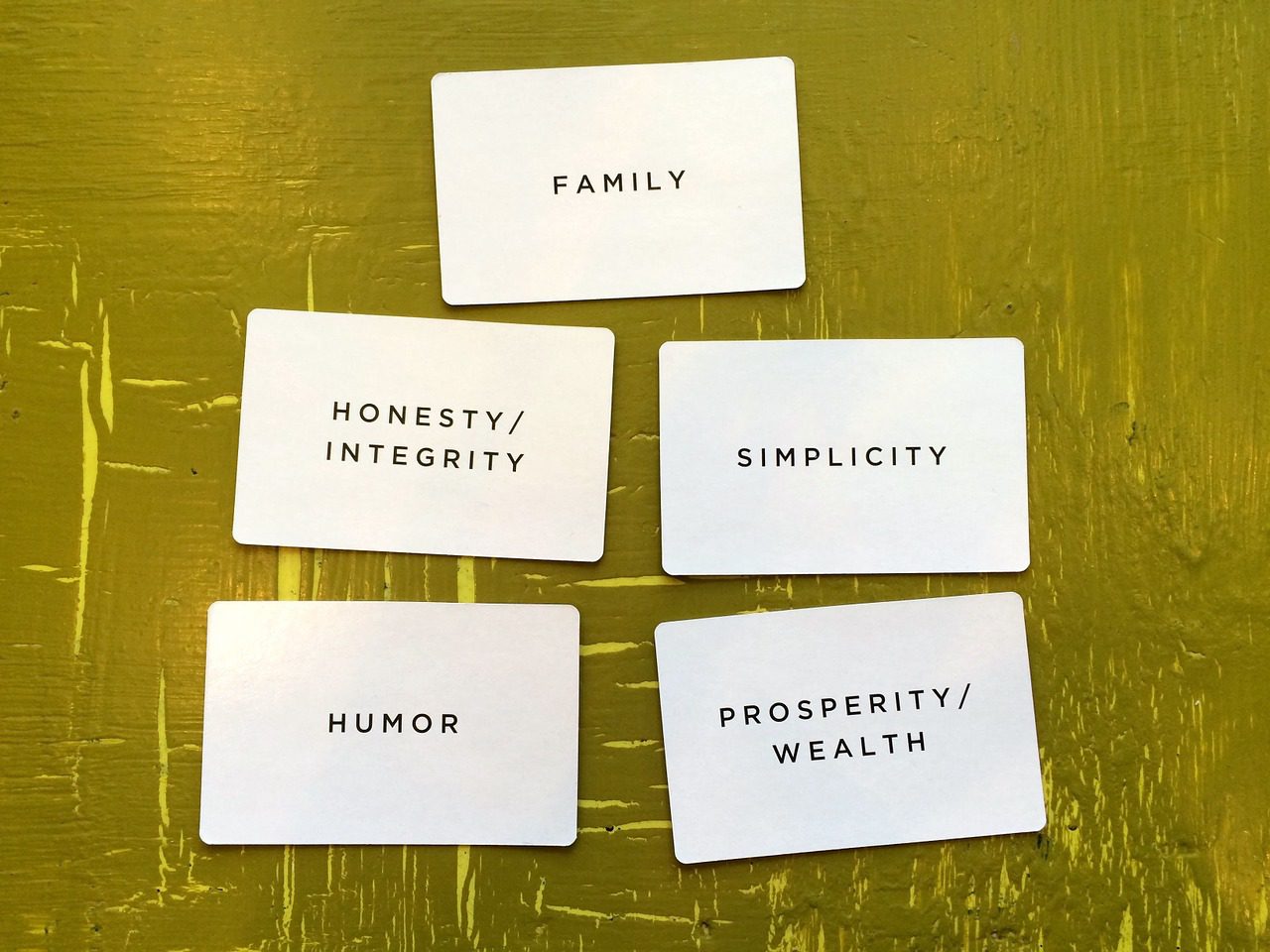The Tiny House Movement is growing by leaps and bounds. Everyday more and more people think that they may want to give it a try. If you are unsure whether or not going tiny is right for you, or you just want to give yourself a double check, here are five tiny house questions that you are going to want to ask yourself before jumping in with both feet.
Do I really need to go tiny?

Although there are really an infinite number of reasons that people desire to go tiny, the biggest are to save money, to simplify and organize, or to become more eco-friendly. So can you do any or all of these things without going tiny? Yes you can. It you want to save money, move yourself into a small apartment or carriage house. If you want to simplify and organize, you can put new habits into place to help do so. Going eco-friendly can happen anywhere at any time, not just in a tiny house. While living in a tiny house might save you more money, force you to simplify, and have the least impact on the environment, there are other options that can get you close. So what are the other driving desires? As long as you take a long hard look and really weigh the pros and cons, then maybe going tiny is right for you. READ MORE: 4 Radical Ways to Start Living Tiny Right Now!
Do I have a place to put a tiny house?

This is the most common problem that people have when it comes to going tiny. They think that their uncle has room in the backyard, or they know of a RV park right down the road, or they own five acres of land up in the mountains. The truth is you have to be careful to make sure that those places are all good with the local planning and/or zoning departments. Here is an example: I live in Atlanta, Georgia and I am allowed to own a tiny house. In fact, I can place it on my property. However, I can only live in it on a temporary basis. Any more than 30 days and it is considered a permanent residence and then it falls below the minimum legal limit for square footage. Which means it can’t stay on the property without a foundation/variance/addition. Make sure you check in with the RV park around the corner, too. Many of them have rules or regulations that might make it tough to keep a tiny house there permanently. As the tiny house movement continues to grow, more and more towns are becoming easier to work with for getting variances or changing minimum square footage laws. Although there are many people that would prefer to ask forgiveness as opposed to permission, I would recommend complete transparency with your local legislature.
Do I know the cost of a tiny house?
There is no doubt about it. Tiny House Living is definitely cheaper than buying or building a big home. In fact, if you are willing to build it yourself, you can build a tiny home for less than $10,000. However you can also spend upwards of $80,000 if you are going to have someone build it for you. Financing can be difficult, but it is out there. Many people find that they can get an RV loan pretty easily and this will suffice. But keep in mind to read the fine print. Many of these loans will not allow you to permanently live in the tiny house while you are paying off the loan. If you can find someone to finance your tiny house as a primary or secondary residence, you are probably better off. READ MORE: How Much Does a Tiny House Cost to Build?
What is most important to me?

So you are in! You are going to take the plunge and actually design the tiny house of your dreams. Well let’s talk about that by asking a few more quick tiny house questions. What are your dreams? What would you love to be able to do with and in your tiny house? What is important to you right now? These are the types of things that you have to think about when planning out your tiny home. If you like to cook, you may want to consider dedicating more space to the kitchen. If spending time lounging around reading books, having a space to do so would be imperative. If you are planning to live far away from civilization, you might want to consider a washing machine and/or dryer in the house. The idea here is to narrow down what is most important to you because space is now the MOST important thing above all of that, as it is a commodity.
Should I Build or Buy My Tiny House?
This is a question that almost answers itself in question number three. If you are looking to save money, building it yourself will certainly be the way to go. If you are worried about not being able to do the work yourself, you might want to consider taking a workshop to help build your confidence. If you just aren’t sure, or maybe you are not at a place in your life where building is an option, you should have one built for you. Just remember you will be incurring additional expenses in doing so. Alright, we have gotten those out of the way. Who’s ready to get started? Are you in the process of considering tiny living? What other tiny house questions have you been asking yourself? Let me know in the comments below!